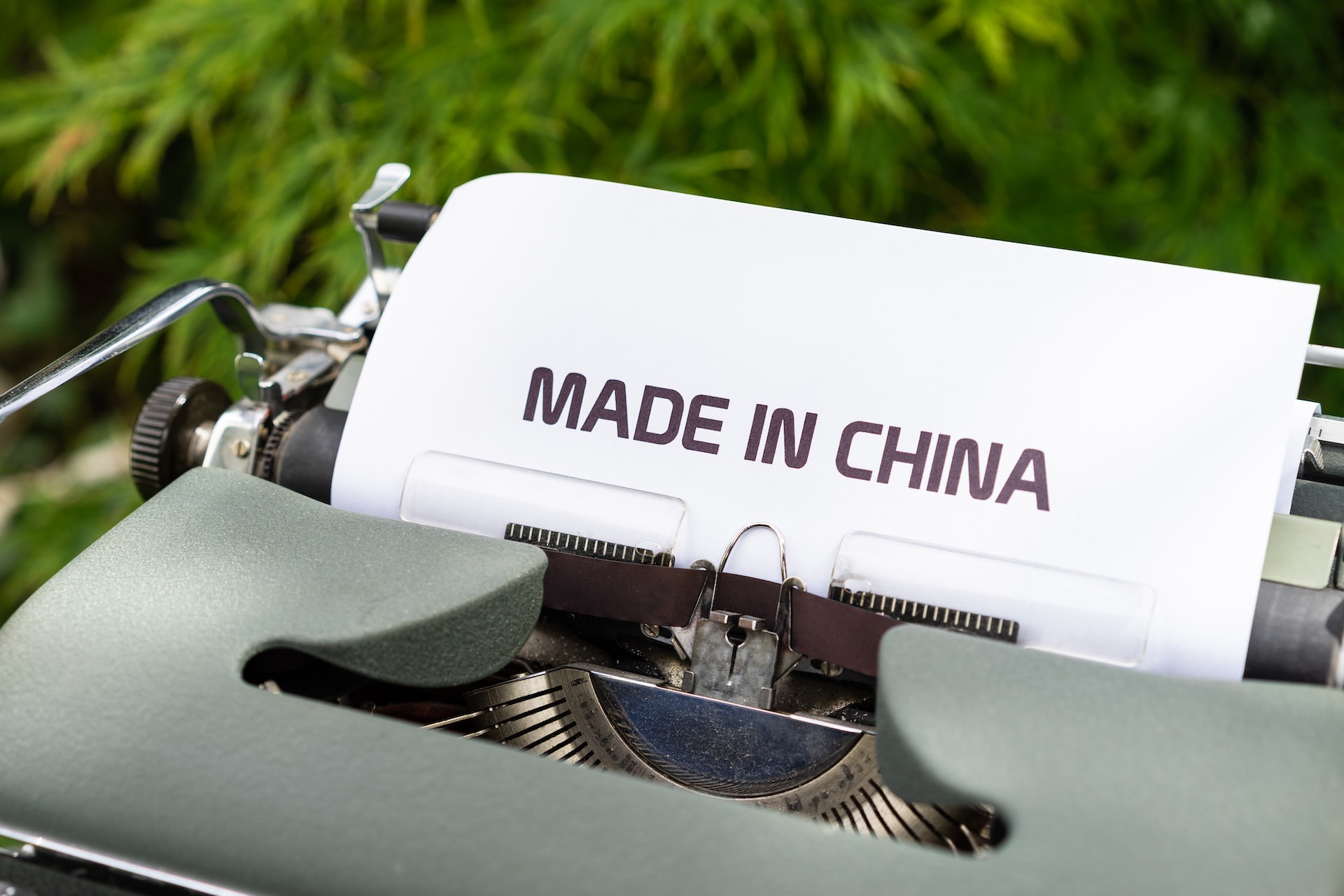In today's globalized marketplace, China has become an economic powerhouse, occupying a pivotal role as the world's manufacturing and trading hub. With its vast network of suppliers, diverse product range, and competitive pricing, China offers an enticing prospect for businesses and individuals alike. However, navigating the complexities of the Chinese marketplace, with its cultural nuances, language barriers, and intricate supply chains, can be a formidable challenge. This is where sourcing agents step in, serving as invaluable intermediaries to streamline the buying process, mitigate risks, and unlock the full potential of sourcing from China.
The Chinese economic landscape has evolved significantly over the past few decades, transitioning from a primarily agrarian society to a global economic superpower. The rapid industrialization and infrastructure development have propelled China to the forefront of international trade, making it a primary destination for sourcing a wide range of products and raw materials. However, while the allure of Chinese manufacturing capabilities is undeniable, the intricacies and challenges of the market require a nuanced approach.
This introduction explores the reasons why involving sourcing agents is not just advantageous but often essential when buying in China. We will delve into the complex landscape of Chinese manufacturing and trade, examining the unique challenges that buyers face, and how sourcing agents can serve as the bridge that connects buyers with suppliers. Through a comprehensive analysis of the benefits and advantages offered by sourcing agents, we aim to provide a compelling case for their involvement in procurement activities in China.
The Complexity of China's Sourcing Ecosystem
China's manufacturing ecosystem is unparalleled in its breadth and depth. It caters to a diverse array of industries, each with its unique characteristics and requirements. From small-scale manufacturers to large industrial conglomerates, the landscape is vast and varied. This diversity brings with it a level of complexity that can overwhelm even the most experienced buyers. Here are some of the critical challenges that international buyers face when sourcing products from China:
Language Barriers
One of the most significant challenges for international buyers in China is the language barrier. While Mandarin Chinese is the official language, numerous regional dialects further complicate communication. Although English is spoken in major cities and by some business professionals, its proficiency varies widely. Misunderstandings due to language differences can lead to errors in product specifications, quality products issues, or even contract disputes. These miscommunications can be costly, resulting in delayed shipments, substandard products, or financial losses. Sourcing agents, who are often fluent in both English and Mandarin (as well as other local dialects), play a critical role in bridging this communication gap. They ensure clear, accurate communication between buyers and suppliers, preventing misunderstandings and ensuring that both parties are on the same page.
Cultural Differences
Cultural nuances play a significant role in business interactions in China. Unlike Western cultures, where direct communication is often preferred, Chinese business culture places a high value on indirect communication, saving face, and building relationships. Understanding these cultural nuances is crucial for building trust and strong relationships with reliable suppliers. Concepts such as "guanxi" (personal connections) are integral to successful business dealings in China. Additionally, the practice of giving and receiving gifts, the importance of hierarchy, and the subtleties of negotiation styles can differ significantly from Western norms. A sourcing agent with a deep understanding of Chinese culture can navigate these cultural intricacies adeptly, helping to build rapport with suppliers, fostering trust, and ensuring smooth business interactions. They also help avoid cultural faux pas that could potentially damage relationships and hinder successful transactions.
Quality Assurance
Ensuring product quality is a primary concern for buyers, particularly when sourcing from a market as vast as China. Quality control can be challenging, especially for businesses located halfway across the world. Different manufacturers may have varying standards, and some may not adhere to the stringent quality controls expected by international buyers. Quality issues can lead to product recalls, damage to a company's reputation, and financial losses. Sourcing agents act as on-the-ground inspectors, conducting regular quality checks and audits to ensure that the products meet the required standards. They are familiar with local manufacturing practices and can identify potential quality issues before they become significant problems. Moreover, sourcing agents often have established relationships with reliable third-party inspection companies, further enhancing quality assurance measures.
Supplier Verification
With an overwhelming number of suppliers to choose from, verifying the legitimacy and reliability of a potential partner is crucial. The risk of encountering fraudulent suppliers or unreliable partners is a genuine concern for international buyers. Sourcing agents can perform thorough due diligence on suppliers, including background checks, factory audits, and financial stability assessments. They can assess a supplier's manufacturing capabilities, production capacity, and adherence to ethical and legal standards. This verification process helps buyers avoid scams, subpar suppliers, and other potential pitfalls, ensuring a smooth and secure sourcing experience.
Logistic Challenges
Logistics is another critical aspect of sourcing from China. Managing the complexities of international shipping, including customs regulations, import/export documentation, and freight forwarding, can be daunting. Additionally, navigating China's vast transportation network, which includes multiple ports, airports, and railways, adds another layer of complexity. Sourcing agents have the experience and local knowledge to navigate these logistical challenges effectively. They work closely with a network of reliable freight forwarders, customs brokers, and shipping companies to ensure timely and cost-effective delivery of goods. This expertise helps buyers avoid delays, reduce shipping costs, and ensure that their products reach their destination safely and on time.
Benefits of Involving Sourcing Agents
Recognizing the multifaceted challenges inherent in sourcing from China, businesses and individuals are increasingly turning to sourcing agents to simplify the process. Here are some of the compelling benefits of involving sourcing agents when buying in China:
Local Expertise
Sourcing agents bring in-depth knowledge of the Chinese marketplace. They understand local market dynamics, evolving trends, and the nuances of various industries. This local expertise allows them to identify the most suitable suppliers for specific products, negotiate favorable terms, and adapt to market fluctuations effectively. Their deep understanding of regional differences, such as the strengths of specific manufacturing hubs like Guangdong, Zhejiang, or Jiangsu, enables them to find the best suppliers based on the buyer's requirements.
Cost Efficiency
Sourcing agents can help reduce procurement costs by leveraging their local connections and negotiating skills. They have established relationships with suppliers, which can lead to better pricing and favorable payment terms. Furthermore, they help prevent costly mistakes, such as selecting unreliable suppliers, overlooking hidden costs, or failing to comply with local regulations. By minimizing these risks, sourcing agents can save buyers significant amounts of money in the long run.
Time Savings
The process of sourcing products from China can be time-consuming, involving significant lead times for supplier identification, negotiations, and quality assurance. Sourcing agents expedite this process by leveraging their existing networks and market knowledge. They quickly identify reputable suppliers, negotiate contracts, and oversee the entire sourcing process from start to finish. This efficiency allows buyers to focus on other critical aspects of their business, such as marketing, sales, or product development.
Risk Mitigation
International trade inherently involves risks, and China is no exception. From fluctuating currency exchange rates to political uncertainties, there are several factors that can affect international sourcing. Sourcing agents act as a buffer against these risks by providing legal guidance, conducting thorough due diligence on suppliers, and offering dispute resolution services. They help buyers navigate the regulatory landscape, ensuring compliance with local laws and international trade regulations. This risk mitigation can save buyers from costly legal battles, product recalls, or reputation damage.
Customized Solutions
Every buyer has unique needs and requirements when sourcing from China. Whether it's sourcing a specific product, finding eco-friendly suppliers, or adhering to particular quality standards, sourcing agents offer customized solutions tailored to the buyer's needs. They can source niche products, coordinate with specialized manufacturers, and even arrange for customized packaging or labeling to meet specific market requirements. This flexibility ensures that buyers receive precisely what they need, tailored to their specifications.
Conclusion
China is a global leader in manufacturing and trade, known for its vast supplier network and competitive pricing, making it a prime destination for sourcing diverse products and raw materials. However, the complexities, cultural nuances, and risks associated with the Chinese market necessitate a strategic, informed approach for buyers.
Sourcing agents play a vital role in this context, acting as essential intermediaries who navigate these challenges effectively. They provide local expertise, fluency in both language and culture, and a deep understanding of the marketplace to connect international buyers with reliable suppliers. By doing so, they streamline the sourcing process, ensuring efficient communication, accurate quality control, and thorough supplier verification. This expertise minimizes risks, reduces costs, and saves time, leading to more successful procurement outcomes.
In essence, sourcing agents help bridge the gap between the complexities of the Chinese market and the needs of global buyers, making them indispensable for those seeking to capitalize on China’s manufacturing capabilities while avoiding potential pitfalls. Their involvement enhances trust, mitigates risks, and ultimately ensures that sourcing from China is a smooth and profitable endeavor.






